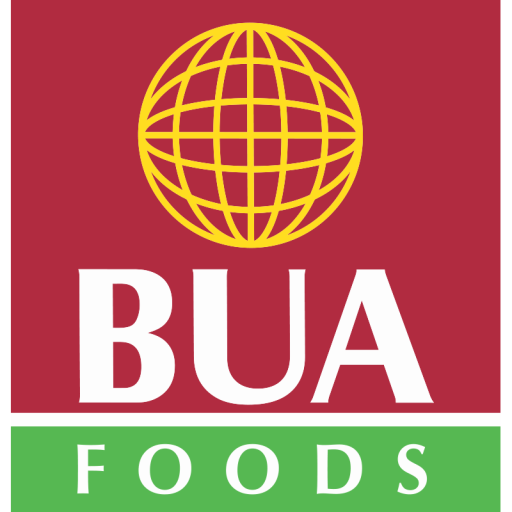BUA Foods yesterday said it was able to grow its market capitalisation from N720bn to N5.8tr since listing on the Nigerian Exchange Group (NGX) in 2022.
This is just as the BUA Group company, which deals in the production of sugar, flour, pasta, rice and edible oils, said it has grown its total assets by 24% to N734bn.
The Managing Director of the company, Dr Ayodele, Abioye who spoke with newsmen yesterday, attributed the growth recorded in the last two years to what he called the business resilience to weather the storm in spite of the tough economic terrains.
“We have witnessed unprecedented success in our financial performance since we listed on the exchange. Since January 2022, we have excelled in tough economic times and we have democratized wealth creation by delivering value across the capital market ecosystem through boosting liquidity at the stock exchange, generating returns for investors and achieving 100% dividend payout,” he said.
Apart from growing the market capitalization, the shareholders’ count also grew from 324 in 2002 to 2,612.
Looking into the future, the MD stated that BUA Foods was positioned to sustain the growth trajectory even as it invested in its backward integration programme aimed at boosting local raw material sourcing.
For instance, he stated that over $200 million had been invested on the BUA Sugar Estate in Lafiaji, Kwara State with strong partnership with the host community.
He said, “As we continue to push the frontiers of our business, our focus would remain on increasing revenue, improving production and expanding our product mix as well as deepening markets.
“We remain committed to responsible production and environmental stewardship. We are also engaging our host communities through social intervention and we have invested over half a billion naira.”
Despite the challenging time with increasing cost of production and the difficulty in sourcing for foreign exchange to import raw materials, Abioye stated that the company had, right from the inception, “been very deliberate and intentional not to transfer pricing and cost to consumers.”
“We try as much as possible to withhold back the shock because we feel the pains of our customers. The result you see is a clear representation of our business resilience and like I did mention, we have a very diversified sustainable business with very strong internal economies of scale which enable us to weather the storm.”
Highlighting the challenges of operation, he decried the frequent adjustment in the customs foreign exchange which he said made it difficult for businesses to plan.
He stated that the ongoing backward integration programme of BUA Sugar would on the long run reduce the dependence on foreign exchange.

 Join Daily Trust WhatsApp Community For Quick Access To News and Happenings Around You.
Join Daily Trust WhatsApp Community For Quick Access To News and Happenings Around You.


